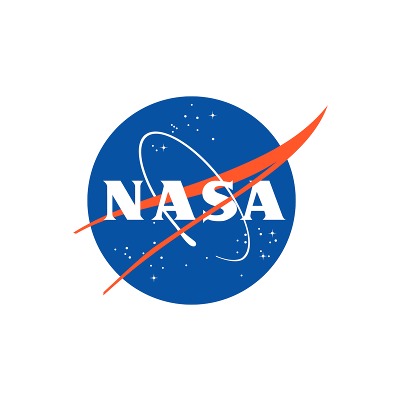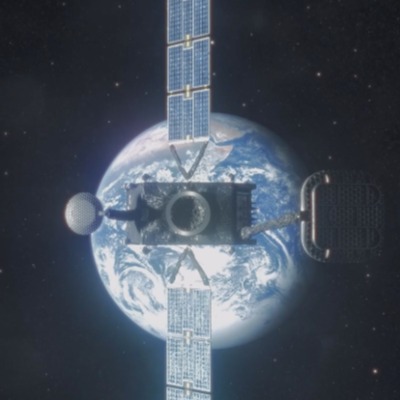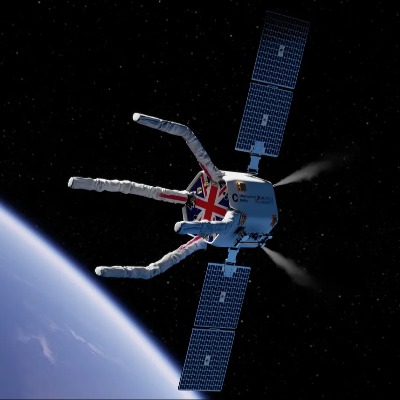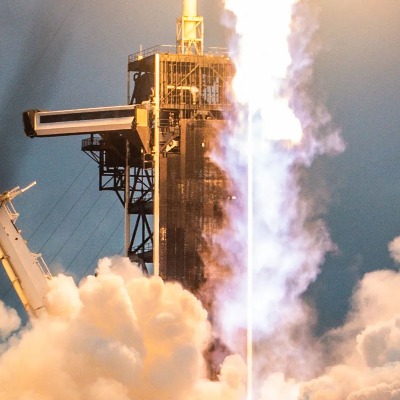Omnispace Reports Interference From Starlink Direct-To-Device Payloads
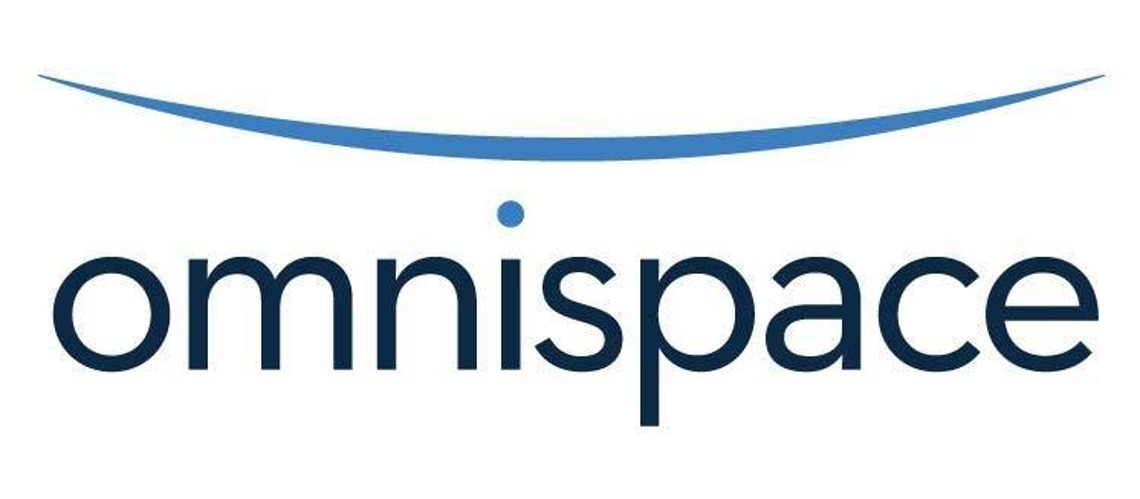
Omnispace, a provider of mobile satellite communication services, is raising concerns about potential interference from SpaceX's Starlink constellation. The company alleges that its existing services are experiencing increased noise levels due to recently launched Starlink satellites equipped with direct-to-device payloads. This incident, reported at a recent industry conference, highlights potential challenges for regulators as they grapple with the growing number of satellites operating in low Earth orbit (LEO).
During a panel discussion at the International Telecoms Week conference, Omnispace's vice president of strategy, George Giagtzoglou, presented what he called "empirical evidence" of the problem. According to Giagtzoglou, Starlink's new direct-to-device payloads, designed to communicate directly with unmodified mobile phones, are operating on similar frequencies as Omnispace's services, leading to increased noise and potential disruption.
"We've talked in the past about there being academic evidence, engineering studies," said Giagtzoglou. "What we are actually seeing now with those satellites in operation is empirical evidence. You see the noise floor on our satellites increase to the degree that services cannot be provided."
The Federal Communications Commission (FCC) in the United States recently approved SpaceX's plans to deploy these new Starlink payloads. However, the approval came with conditions, including requirements to mitigate potential interference with other satellite operators.
Omnispace's experience serves as a real-world test of the FCC's regulations. The company is urging the FCC to closely monitor the situation and ensure that SpaceX adheres to the established guidelines to prevent further disruptions.
"This is a complex issue, and we're working with the FCC to address it," said an official SpaceX spokesperson in a statement. "We remain committed to adhering to all FCC regulations and mitigating any potential interference with other satellite operators."
The growing number of satellites in LEO raises concerns about potential crowding and interference. This incident underscores the importance of robust regulations and close collaboration between satellite operators and regulatory bodies. Finding a balance between technological advancements, economic opportunities, and responsible spectrum management will be crucial for ensuring a sustainable future for space-based communication services.
The coming months will be watched closely by the industry. How the FCC addresses Omnispace's concerns and whether SpaceX can effectively mitigate interference will set a precedent for managing the increasingly crowded space environment.

